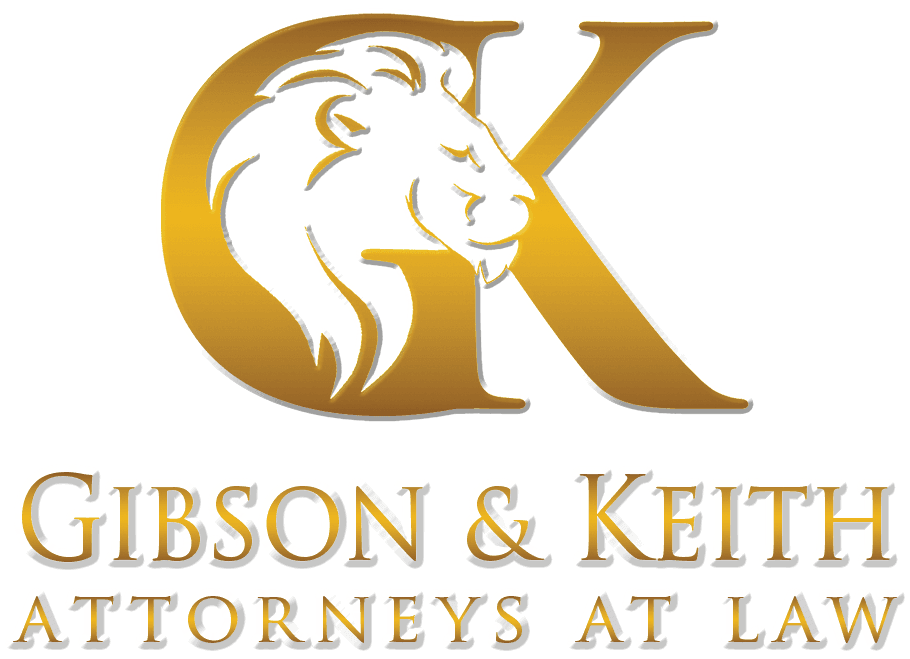Consumer Protection
In modern American society, we’ve witnessed radical transformations in the ways in which we buy and sell goods and services, and the manners in which we exchange information. Simply put, we can buy, sell and share stuff in ways that our ancestors would have never comprehended. These systems we’ve developed offer unquestionable benefit to our society. However, this exponential growth in ways to transact business has changed the fundamental nature of how deals are made. Contract negotiations are replaced with “boilerplate” terms of use. This “fine print” is take it or leave it – one party holds absolute bargaining power and dictates the agreement. Consumers are often left to choose between doing business on the seller’s terms or going without a product or service that we consider modern-day necessities, such as cell phones, internet access, credit and debit cards, etc. And indeed, it would be near impossible to get anything accomplished today if we had to stopped and negotiate over every product and service we use daily.
So, what happens when businesses take advantage of their bargaining power and exploit consumers? There are various state and federal laws which prohibit these types of unfair and abusive practices, such as the Arkansas Deceptive Trade Practices Act, the Fair Debt Collection Practices Act, and the Fair Credit Reporting Act. Some of these laws allow consumers to bring suits against these wrongdoers on behalf of themselves and others who’ve suffered the same harm. Class actions are one of the few ways to hold wrongdoers accountable in these situations, because the threat of one person suing for his or her own damages (sometimes only a few dollars) will not deter the business from continuing its wrongful conduct. However, when all consumers’ claims are grouped together, a bad actor may profit millions of dollars by ripping off all its customers a few bucks at a time.
At Gibson & Keith, our attorneys are investigating and ready to pursue consumer protection claims, including:
If you believe that you have been exploited by a bad business, you should contact Gibson & Keith immediately to discuss your potential consumer protection claim. Consult with one of our attorneys and let us explain what we can do to help.
So, what happens when businesses take advantage of their bargaining power and exploit consumers? There are various state and federal laws which prohibit these types of unfair and abusive practices, such as the Arkansas Deceptive Trade Practices Act, the Fair Debt Collection Practices Act, and the Fair Credit Reporting Act. Some of these laws allow consumers to bring suits against these wrongdoers on behalf of themselves and others who’ve suffered the same harm. Class actions are one of the few ways to hold wrongdoers accountable in these situations, because the threat of one person suing for his or her own damages (sometimes only a few dollars) will not deter the business from continuing its wrongful conduct. However, when all consumers’ claims are grouped together, a bad actor may profit millions of dollars by ripping off all its customers a few bucks at a time.
At Gibson & Keith, our attorneys are investigating and ready to pursue consumer protection claims, including:
• Helicopter Emergency Medical Service (HEMS)/air ambulance billing disputes
• Usurious peer-to-peer lending transactions (i.e., loans through Prosper and LendingClub)
• Usurious lending (charging too much interest) by payday lenders, pawnbrokers, etc.
• Predatory use of Property Assessed Clean Energy (PACE) financing
• Retailer and website data breaches of personal or financial information
• Abusive debt collection and credit reporting based on inaccurate, incomplete or outdated information
• False advertising and deceptive sales practices, including bait-and-switch schemes
If you believe that you have been exploited by a bad business, you should contact Gibson & Keith immediately to discuss your potential consumer protection claim. Consult with one of our attorneys and let us explain what we can do to help.
